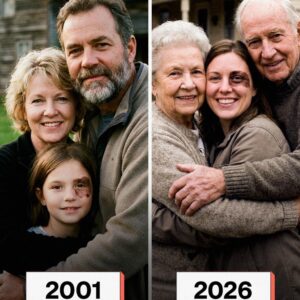Winning shows like American Idol or The Voice may seem like instant fame and fortune, but former contestants say the reality behind the spotlight isn’t always so glamorous. Maddie Poppe, who won American Idol in 2018, explained her $250,000 prize came in two parts and was taxed and tied to a record deal — not a no-strings windfall. Caleb Johnson, a 2014 winner, said his label offered “no support,” leaving him to promote his album alone.
Recent winners face even smaller rewards. Idol’s 2025 champion, Jamal Roberts, is also set to receive $250,000, but fan reaction suggests disappointment over the lower prize compared to past winners like Carrie Underwood or Phillip Phillips, who reportedly earned up to $1 million. Some even argued that runner-ups, like this year’s John Foster, might have more freedom — and better career options — than the actual winner.
The Voice also crowns champions without guaranteed cash prizes. While a few, like 2018’s Chevel Shepherd, earned $100,000, most winners receive a recording contract. This year’s winner, Adam David, clinched victory with a soulful Joe Cocker cover, sparking mixed reactions — some praising his voice, others arguing that third-place finalist Renzo was more deserving. Critics often allege favoritism or say the show undervalues young talent.
Despite the drama, emotional highs remain central. Last year’s winner, Sofronio Vasquez, wept onstage as he accepted his trophy, calling it “hope for my family” and “the best Christmas gift ever.” While the shows offer exposure and dream-chasing moments, past winners agree — the journey after the finale is where the real challenges begin.





